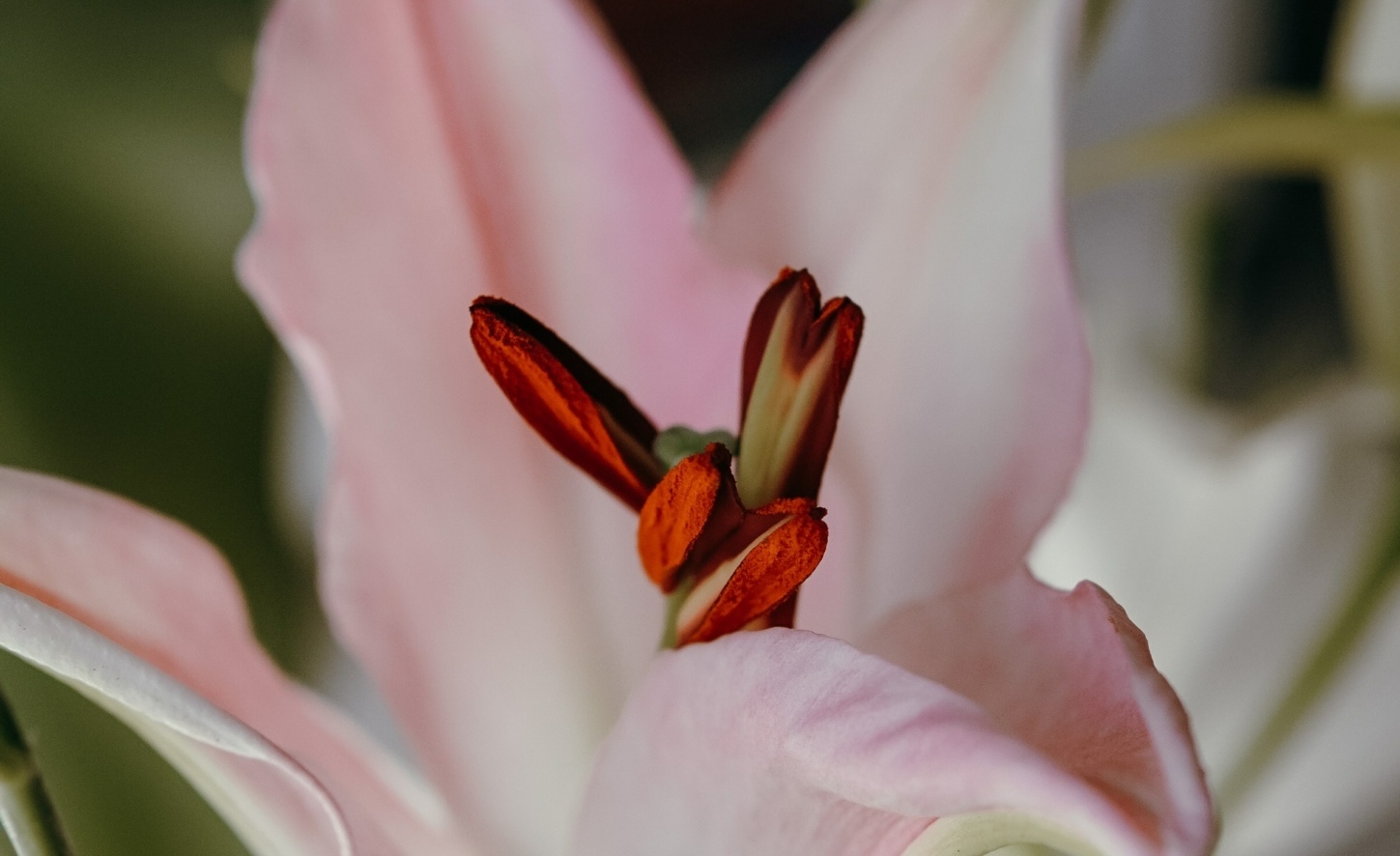Home Funerals
You can choose to honour your loved one’s passing by holding a farewell ceremony for them in their own home or in the home of family/friends.
Although many people choose to organise their loved one’s remembrance through the direction of a funeral director, there is no reason why the family can’t manage everything themselves. There is no legal requirement in New Zealand to use a funeral director service.
Organising a funeral at home
Having a funeral at home might involve a simple service and wake organising all aspects of the service from flowers and music to speakers and catering. Alternatively, you could choose to take care of everything yourself such as:
- Completing the necessary paperwork when someone dies
- Publishing death and funeral notices in newspapers and online
- Transporting the body yourself
- Caring for the body yourself
- Having them lay in honour in the home for a few days
- Making or decorating your own coffin, casket, urn or burial shroud
- A farewell ceremony at home
- Organising a wake at home.
Why hold a funeral at home?
Keeping your loved one at home can help families and whānau to stay involved in the days following the death of a loved one and offer a healing experience for those suffering from grief, giving them more time to say goodbye and process the loss. A home environment can often feel more comfortable for visiting friends and family, it also gives more control over the processes to the next of kin. This could be caring for and preparing the body, or funeral arrangements.
Caring for the body of a loved one is safe and possible with the right support and advice. It is seen as a privilege and an honour to be responsible for the care of the body of a loved one after their death.
Home funerals are often more affordable than contemporary funeral industry-led funeral services.
Te Ao Māori perspective
Because of the intensity of the tapu associated with death, specialist people within a hapū would be in charge of preparing the tūpāpaku (dead body). They would smear the body with kōkōwai (red ochre) and oil, then sit it up with the knees tucked under the chin and the arms wrapped tightly around the legs. The crouched body was wrapped in whāriki (mats), cloaks and other finery.
What happens at a home funeral?
Here is a common structure you might want to follow:
- Music as the ceremony begins
- The celebrant welcomes the mourners. They may say a few words, summing up what it means to celebrate life, and how you might say goodbye
- The celebrant or a close family member reads a tribute to the person who has died
- Readings by friends and family. Maybe a favourite poem or memories
- A moment’s reflective silence
- The coffin is taken from view
- The celebrant shares some closing thoughts
- Music plays as the mourners leave.
The history of home funerals
People from all cultures have cared for their dead regardless of the climate, type of illness, age of deceased, or traumatic circumstance surrounding the death for millennia.
It has become a popular belief that individuals can no longer care for their deceased loved ones, and need to hire funeral professionals to provide the care needed – however, this is not the case.
Keeping your loved one at home can be incredibly healing for families and whānau.
Who can have a home funeral?
You don’t have to have been caring for your loved ones body at home to choose to have a home funeral – many people have their loved ones body transported to their home the day before or on the day of the farewell service.
